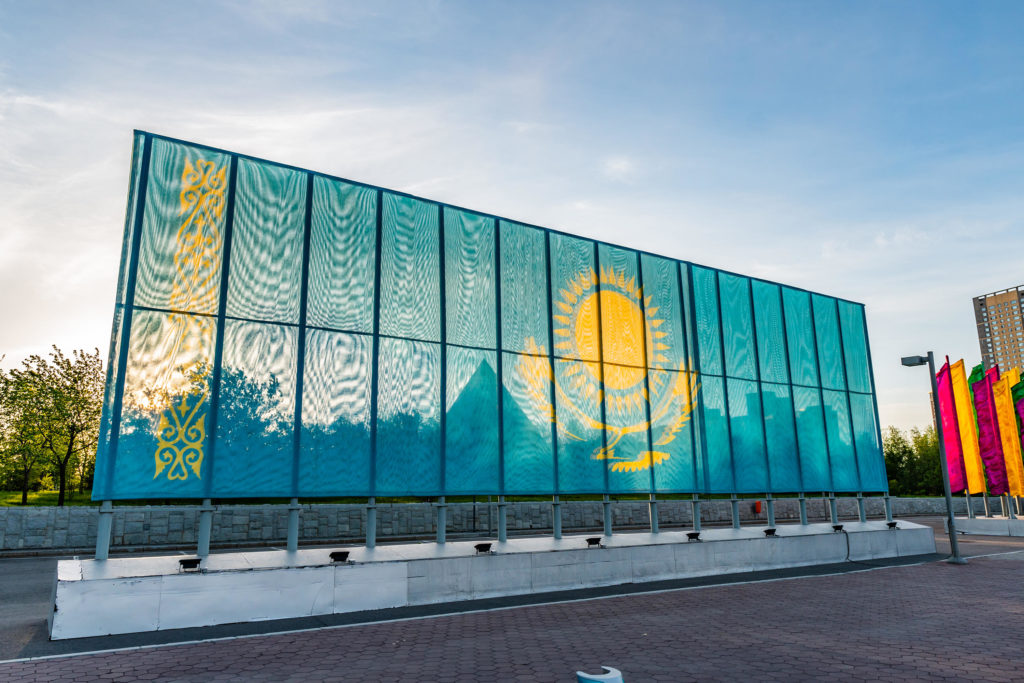NUR-SULTAN
Saudi Arabian companies are looking for opportunities to invest in Kazakhstan’s economy, including projects in agriculture, the financial sector and petrochemistry.
Prospects for cooperation and implementation of projects had been discussed during a Kazakhstan-Saudi Arabia Investment forum in Nur-Sultan, where more than 30 companies from Saudi Arabia met officials and business representatives from Central Asian country.
Currently, there are 11 enterprises with Saudi Arabian capital in Kazakhstan, while the trade turnover between the two countries increased by 36.5 per cent year-on-year in the first seven months of this year. Saudi Arabia has invested around $100 million in Kazakhstan, but officials on both sides believe there remains potential yet to be tapped.
“We are sure that there are many opportunities between our countries to promote cooperation and give it more practical content. The basis of our cooperation will become more solid,” Kazakhstan’s President Kassym-Jomart Tokayev said.
The launch of direct flights between the two countries scheduled for October might be a way to bolster business relations.
“The opening of direct flights between our countries will also contribute to strengthening business relations. Kazakhstan’s SCAT airline will resume direct flights between Almaty and Jeddah this October,” Kazakhstan’s Trade and Integration Minister, Bakhyt Sultanov, said during the forum that brought together more than 170 representatives of Kazakh and Saudi businesses.
Kazakhstan also plans to resume visa-free travel for Saudi citizens in the near future, the minister said.
Kazakhstan sits on some of the most impressive natural resources in the world. Foreign energy majors poured into the country in the 1990s, attracted by its oil fields. Of the $150 billion in foreign investment in the Central Asian country since independence, $120 billion – or more than 70 percent – has been in natural resources extraction.
And while the vast country, with its relatively small population, attracts about 60 percent of all capital invested in the five former Soviet Central Asian states, COVID-19 has taken its toll, with FDI forecast to decline by 5-10 percent in 2021 before recovering in 2022.
In August, Tokayev said the country considered new investment mechanisms for energy projects to give a new impetus for the country’s priority sector and ensure sustainable economic growth.
The president instructed the government to introduce a package of fiscal preferences to ensure the adoption of legislative norms by the end of this year. The norms will be related to the development of new investment mechanisms, in particular, an improved model contract.
This will provide legal protection and stability of investments with the provision of investment preferences, the president said and added that the initiative would be a “flexible and prompt response to the requests and problems of investors is of strategic importance”.

